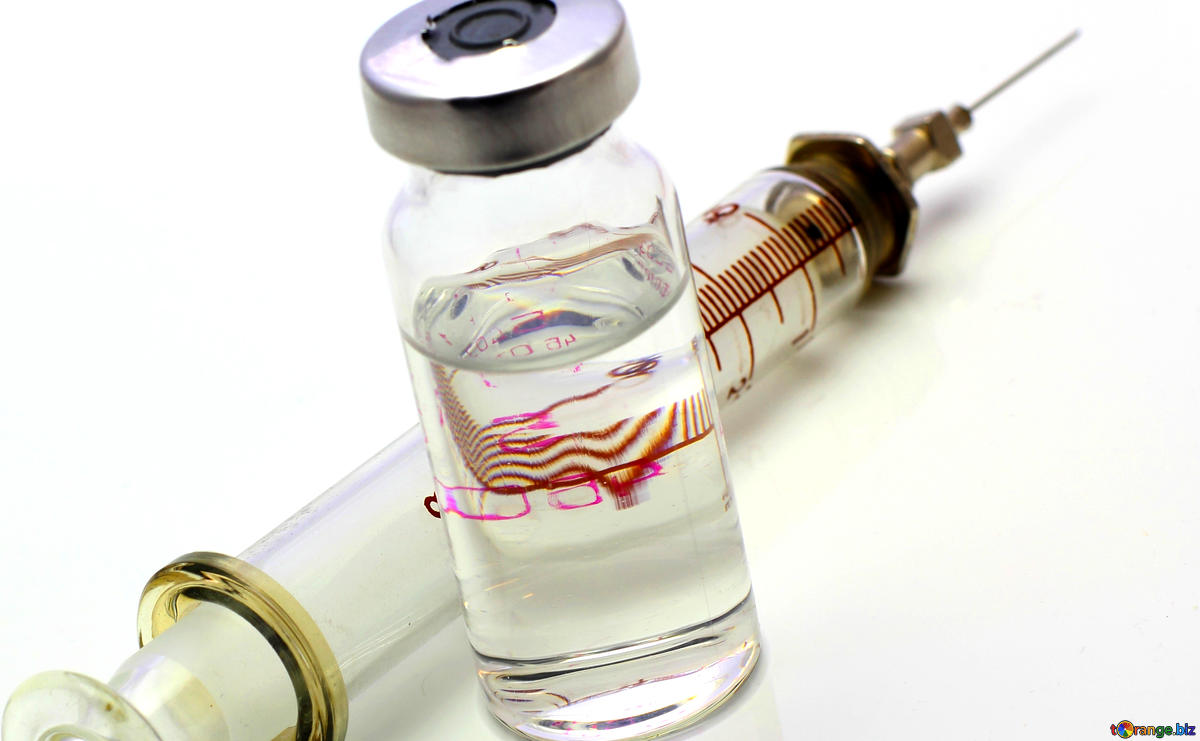Not all immunosuppression is equal, so ascertaining the degree can be a key consideration
Vaccination in immunosuppressed adult patients has many facets and can be challenging for GPs who don’t deal with these cases regularly.
But there are a few key considerations that can help guide clinicians, says Associate Professor Michael Woodward, Melbourne-based geriatrician, writer, researcher and passionate advocate for health promotion.
Firstly, not all immunosuppression is equal. It is important to ascertain the degree of immunosuppression, as some people may be being unnecessarily denied vaccines because they are taking medication that can suppress the immune system, but only at higher doses or in different formulations.
“For instance, someone who is on inhaled corticosteroids for their asthma or on low dose (less than 20mg) prednisolone daily for just a few weeks is not significantly immunosuppressed and can be vaccinated in same way as other people,” Professor Woodward said in an interview following his presentation at HealthEd’s recent Annual Women and Children’s Update.
However, those on higher doses of steroids or on steroids more long-term, as well as those people who have conditions associated with immunosuppression, such as haematological malignancy, do need special consideration when it comes to vaccination.
Most importantly, live vaccines are not to be given to this group. This includes the new herpes zoster vaccine (Zostavax), which is absolutely contraindicated in severely immunocompromised patients. The consequences of inadvertently administering this vaccine to an immunosuppressed patient hit the headlines some months ago, highlighting the importance of this guideline.
The other question often asked is whether patients who are known to be immunosuppressed, and therefore at greater risk of significant infections, actually need more or stronger doses of the vaccines they are able to have.
In some cases that was a very real and worthwhile consideration if you wanted to achieve the objective of immunoprotection, Professor Woodward said.
For example, you might consider giving an immunosuppressed patient the pneumococcal vaccine (Prevenar 13) as opposed to the polysaccharide pneumococcal vaccine (Pneumovax 23).
“The conjugate vaccine is generally slightly more likely to produce an immune response [than the polysaccharide vaccine],” he said.
The other scenario where GPs may need to be considering vaccination in association with immunosuppression, is in patients who are scheduled for an elective splenectomy. The lack of a spleen is known to be associated with a reduction of the body’s ability to respond to a vaccine, so it is currently recommended that people who are about to undergo a splenectomy have the influenza, pneumococcal and the newer zoster vaccine.
In addition, they should be vaccinated against H. influenza B and receive the two meningococcal vaccines currently available.
All these are detailed as part of the pre-splenectomy recommendations on the spleen.org.au website, with the exception of the zoster vaccine, as the guidelines have yet to be updated.
However, Professor Woodward says most health professionals in this area are advocating the inclusion of the zoster vaccine. Some of these vaccinations may also be given shortly after the removal of the spleen in cases where the splenectomy has been urgent, but this is generally not the remit of the GP.
In general, the question of vaccination in the immunosuppressed patient can be complicated. It is a highly specialised area and Professor Woodward suggested, if in doubt GPs might want to seek input from a specialist in this area such as an immunologist or a rheumatologist.


